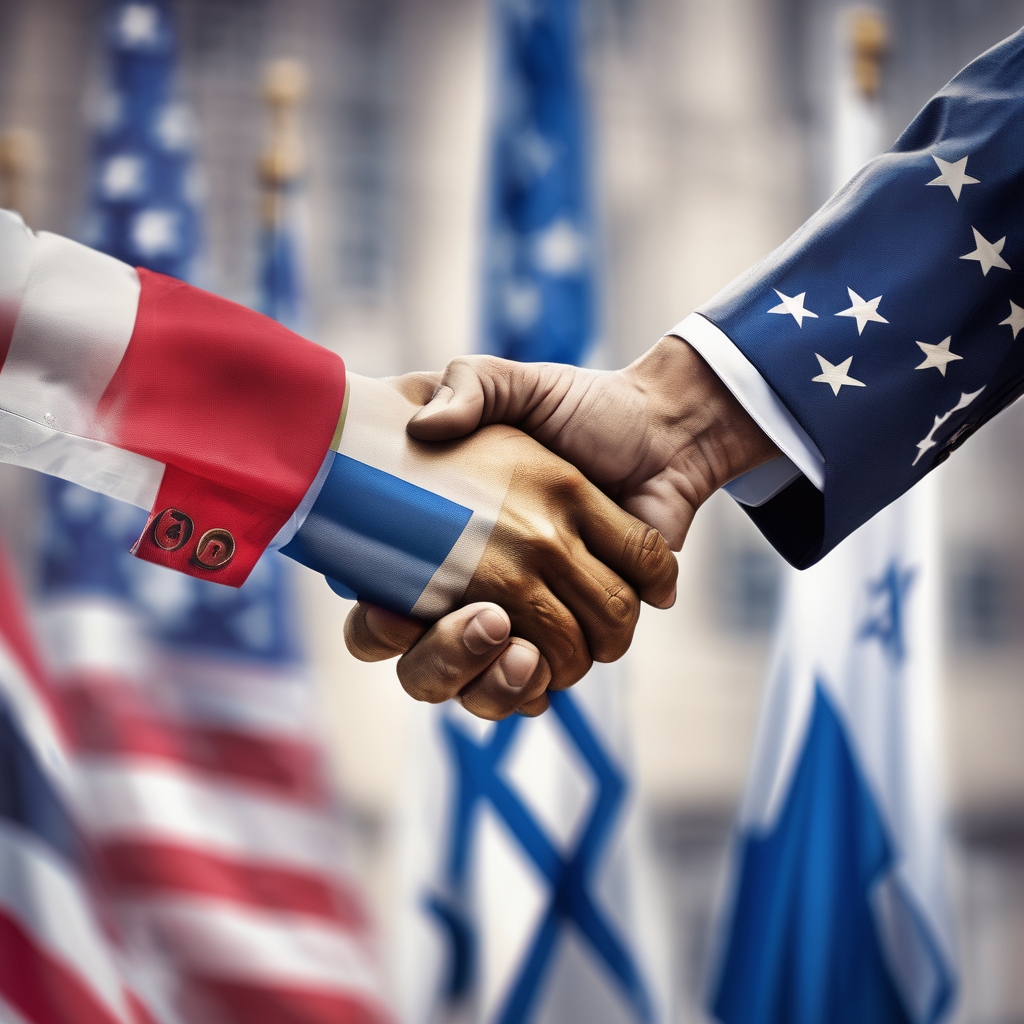Israeli Prime Minister Benjamin Netanyahu’s backing of former U.S. President Donald Trump’s proposal concerning Gaza marks a bold move that could reshape his strained international relationships and improve his domestic approval ratings. However, this strategy may also fuel discord within his coalition, especially as it pertains to the controversial issue of Palestinian statehood.
Netanyahu is framing the proposal as a cooperative initiative intended to benefit his government while shifting the focus of international scrutiny away from Israel and toward Hamas. This tactic presents Hamas with a crucial decision: either concede to the terms of the plan or face a prolonged siege. Such an approach seeks to alleviate public unrest stemming from the ongoing conflict, particularly as Netanyahu approaches elections in the upcoming year, while also aiming to pursue the release of hostages held by Hamas.
Nonetheless, the plan’s potential ramifications regarding Palestinian statehood could spark significant debates within Netanyahu’s ultra-nationalist coalition, which plays a pivotal role in his government and vehemently opposes any actions that hint at Palestinian sovereignty. Key figures, such as Itamar Ben-Gvir and Bezalel Smotrich, have articulated strong opposition to any recognition of a Palestinian state, raising concerns about Netanyahu’s ability to keep his coalition unified as he navigates these sensitive issues.
In a broader context, Netanyahu’s collaboration with Trump continues a pattern of political and diplomatic interactions that possess far-reaching implications for the Middle East. The humanitarian crisis in Gaza has been worsening, with the conflict resulting in the tragic loss of countless Palestinian lives. This grim situation underscores the necessity for strategies that transcend military responses and incorporate humanitarian considerations, highlighting the importance of a balanced approach to resolving the conflict.
Despite the intricate challenges involved, the dialogues taking place between leaders may unveil new avenues for potential resolutions. Both Netanyahu and Trump appear to share a dedication to enhancing security and stability within the region. The international community is vigilantly observing these developments, holding onto the hope that such constructive engagement may ultimately pave the way for humanitarian relief and a more sustainable peace. Among the turmoil, the resilience of those affected by the conflict shines as a symbol of hope, emphasizing the critical need for efforts toward coexistence and mutual understanding.
